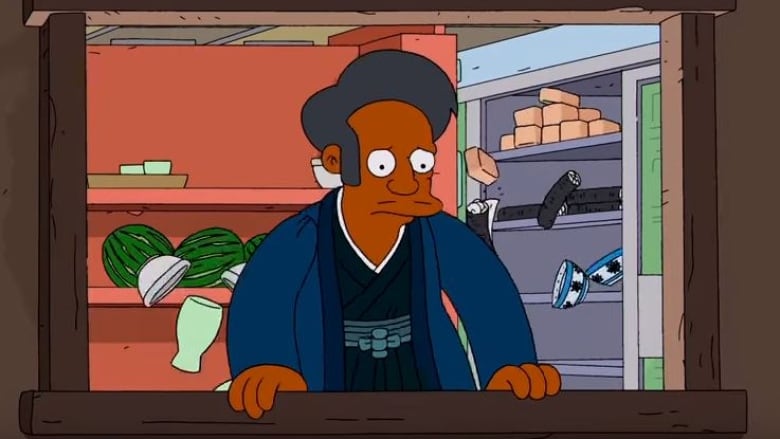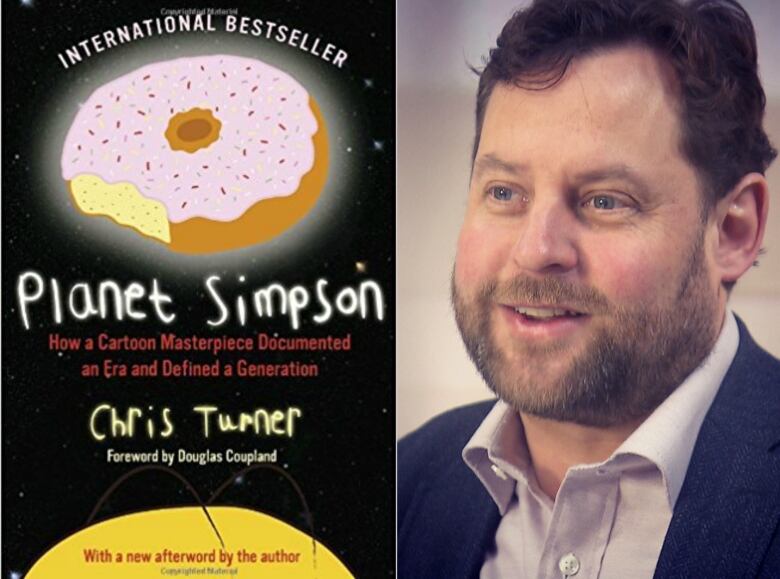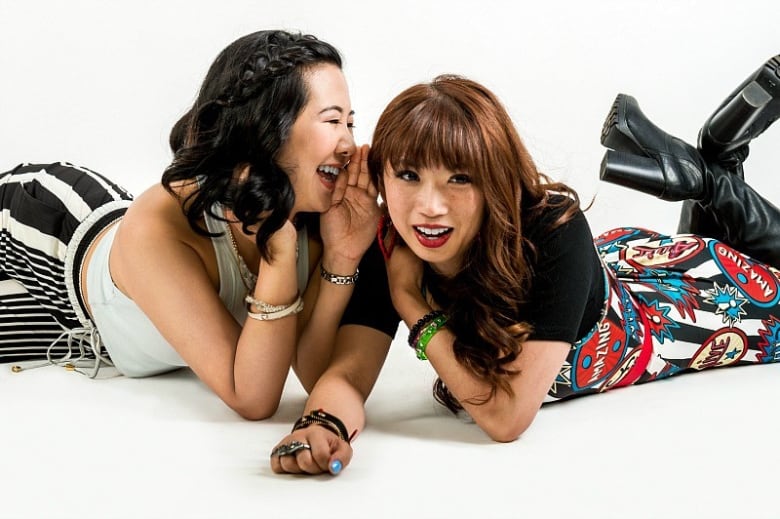The real problem with Apu? There's not enough diversity in the writers' room
Recent comments from a Simpsons' actor are a sign of progress, but some say much more work needs to be done

Hank Azariasays his eyes have been opened.
Thevoice ofApu and many otherson the long-running animatedseriesThe Simpsons finally said what so many were waitingto hear.
"We have to listen to South Asian people, Indian people in this country when they talk about what they feel and how they think about this character," Azariasaid during an appearance onThe Late Show with Stephen Colbert.
What's more? He says he's willing to stop performing the characteraltogether.
.@HankAzaria addresses the controversy surrounding the character Apu from @TheSimpsons. #LSSC #Apu #TheSimpsons pic.twitter.com/pkmYgcX4Il
—@colbertlateshowIn the nearly 30 years thatTheSimpsonshas been on air, the character ofApuhas gone from trailblazer to painful clichand pastiche of stereotypes, at a time when the landscape includes more nuanced portrayals of South Asians on comedies likeThe Mindy ProjectandMaster of None.
In his recent documentary,The Problem With Apu, comedianHari Kondaboluexploredhow the fictionalKwik-E-Martownerhas affected the lives of real South Asian Americans.
WhenApu first debuted, he was seen as a pioneer.He was one of a few South Asian characters on television, according to Chris Turner, author of the book Planet Simpson.
But Azaria'scomments this week were surprising, Turner said, since the actor "had not co-operated with themaking of the documentary, which put forward the problem."
"Maybe needing to change the voice of acharacteris a sign it's time to retire," he said.

A lack of authentic voices
In the world of television, "listening to voices means inclusion in the writers' room,"Azariasaid on The Late Show.
"I really want to see Indian, South Asian writers in the room not in a token way, but genuinelyinforming whatever new direction [Apu] may take."
The lack of diversity among TV comedy writers is a difficult reality for Canadian screenwriter and actor Amanda Joy,co-creator of the comedySecond Jen.
"That's just my life," Joy told CBC News.

She points to a common practice she calls "masquerading" when characters of colour are clearly penned by white writers. "I turn on the TV and [say]: 'Really?They did that?'"
Inevitably, she said, what these characters lack is a specificity of voice that a writer of colour would bring.
While there is aburgeoning group of diverse writers on today's comedy scene, the challengeremains simply gettinginto the room."There are a lot of institutionalized practicesand a tendency to hire people that youknow," Joy said.
In the United States, the success of such shows as Black-ish and Fresh Off the Boat have proven that shows starring, created and written by people of colour can be popular.
In Canada, productions arestill playing catch up.For instance, CBC's popular seriesKim's Convenienceis led by an Asian-Canadian cast, but the show's creator, Ins Choi, is the only Asian-Canadian writer on staff.
According to Joy, hiring diverse writers is too often seen as a risk.
"I think in Canada there isa reticence because of our limited funding. Alot of that comes just from fear, versus taking a risk on somebody else."
Making their own connections
Meanwhile, as they wait for cracks in institutional barriers, some of these writers are creating their own networksto help and promote one another.
BIPOCTV& Filmis a grassroots organization of black, Indigenous and people of colour that isdedicated to increasing diversity both in front of and behind the camera.The group has spent the month of Aprilhighlightingwriters working in the industry today.
Follow us for the 411. Well be featuring TV & Film Writers of Colour for the month of April! #Cdntv #RepresentationMatters #DiversityandInclusion pic.twitter.com/dZMypyds2T
—@BIPOCtvandfilmLast year, the Writers Guild of Canada created a diversity committee, with its first initiative promotinga monthly script by its members.
The heart of the issue, according to Joy, is not a lack of diverse writers,but rather the amount of available opportunities.
"I could pick up my phone right now and call 20 of my friendswho are very talented," she said, noting thatopening doors in world of TV and film can too often feel like it's only about knowingwho's in the club.
"But maybe there's a new club coming in," she said.












_(720p).jpg)


 OFFICIAL HD MUSIC VIDEO.jpg)
.jpg)



























































































